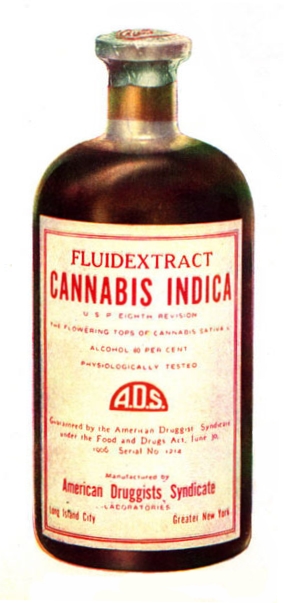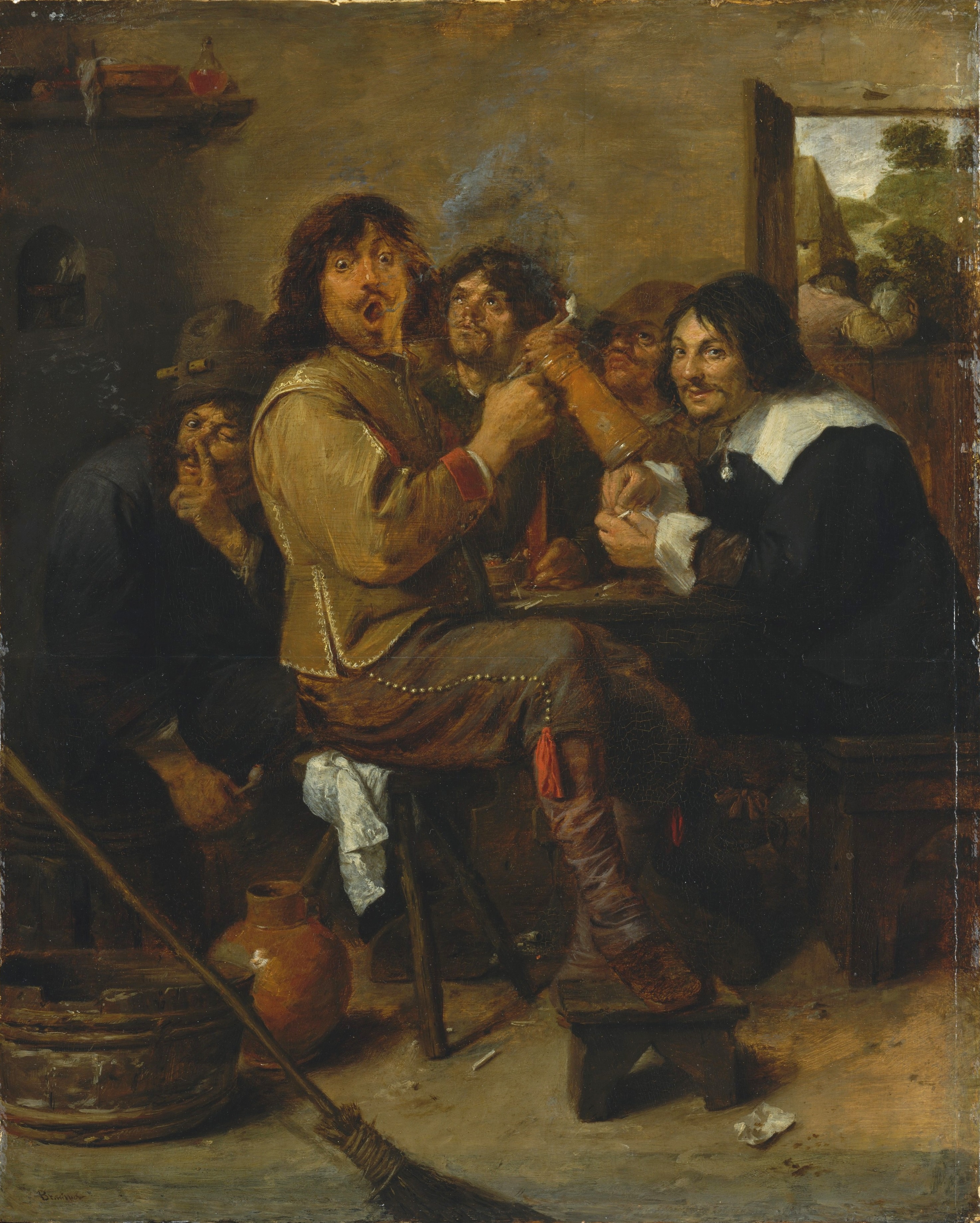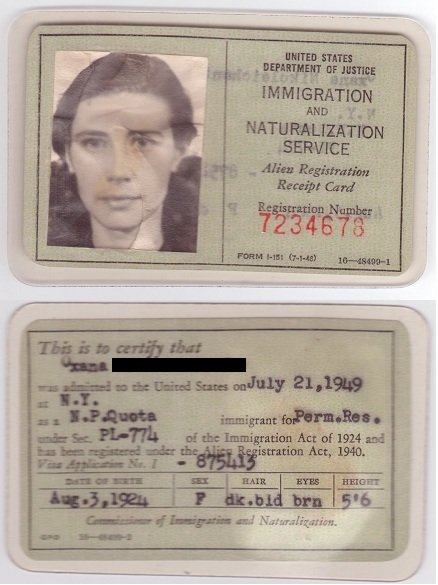|
Legalization
Legalization is the process of removing a law, legal prohibition against something which is currently not legal. Legalization is a process often applied to what are regarded, by those working towards legalization, as victimless crimes, of which one example is the consumption of illegal drugs (see drug legalization). Legalization should be contrasted with decriminalization, which removes criminal charges from an action, whereas legalization also adds in regulation, such as a minimum age to legally purchase, poses and use a drug like cannabis. Proponents of libertarianism support legalization of what they regard as victimless crimes, such as recreational drug use, recreational drug and alcohol use, gun ownership, and legalization of prostitution, prostitution. In immigration to the United States, U. S. immigration context, the term "legalization" is colloquially used to refer to a process whereby a person illegally present in the country can obtain Permanent residence (Unit ... [...More Info...] [...Related Items...] OR: [Wikipedia] [Google] [Baidu] |
Drug Liberalization
Drug liberalization is a drug policy process of decriminalizing, legalizing, or repealing laws that prohibit the production, possession, sale, or use of prohibited drugs. Variations of drug liberalization include drug legalization, drug relegalization, and drug decriminalization. Proponents of drug liberalization may favor a regulatory regime for the production, marketing, and distribution of some or all currently illegal drugs in a manner analogous to that for alcohol, caffeine and tobacco. Proponents of drug liberalization argue that the legalization of drugs would eradicate the illegal drug market and reduce the law enforcement costs and incarceration rates. They frequently argue that prohibition of recreational drugs—such as cannabis, opioids, cocaine, amphetamines and hallucinogens—has been ineffective and counterproductive and that substance use is better responded to by implementing practices for harm reduction and increasing the availability of addiction treatment ... [...More Info...] [...Related Items...] OR: [Wikipedia] [Google] [Baidu] |
Legality Of Cannabis
The legality of cannabis for Medical cannabis, medical and Recreational drug use, recreational use varies by country, in terms of its possession, distribution, and cultivation, and (in regards to medical) how it can be consumed and what medical conditions it can be used for. These policies in most countries are Cannabis and international law, regulated by three United Nations treaties: the 1961 Single Convention on Narcotic Drugs, the 1971 Convention on Psychotropic Substances, and the 1988 United Nations Convention Against Illicit Traffic in Narcotic Drugs and Psychotropic Substances, Convention Against Illicit Traffic in Narcotic Drugs and Psychotropic Substances. Cannabis is only scheduled under the Single Convention and was Removal of cannabis and cannabis resin from Schedule IV of the Single Convention on narcotic drugs, 1961, reclassified in 2020 to a Schedule I-only drug (from being both Schedule I and IV drug previously, with the schedules from strictest to least bei ... [...More Info...] [...Related Items...] OR: [Wikipedia] [Google] [Baidu] |
Legalization Of Prostitution
Prostitution laws varies widely from country to country, and between jurisdictions within a country. At one extreme, prostitution or sex work is legal in some places and regarded as a profession, while at the other extreme, it is considered a severe crime punishable by death in some other places. A variety of different legal models exist around the world, including total bans, bans that only target the customer, and laws permitting prostitution but prohibiting organized groups, an example being brothels. In many jurisdictions, prostitution – the commercial exchange of sex for money, goods, service, or some other benefit agreed upon by the transacting parties – is illegal, while in others it is legal, but surrounding activities, such as soliciting in a public place, operating a brothel, and pimping, may be illegal. In many jurisdictions where prostitution is legal, it is regulated; in others it is unregulated. Where the exchange of sex for money is criminalized, it may be ... [...More Info...] [...Related Items...] OR: [Wikipedia] [Google] [Baidu] |
Recreational Drug Use
Recreational drug use is the use of one or more psychoactive drugs to induce an altered state of consciousness, either for pleasure or for some other casual purpose or pastime. When a psychoactive drug enters the user's body, it induces an Substance intoxication, intoxicating effect. Recreational drugs are commonly divided into three categories: depressants (drugs that induce a feeling of relaxation and calmness), stimulants (drugs that induce a sense of energy and alertness), and hallucinogens (drugs that induce perceptual distortions such as hallucination). In popular practice, recreational drug use is generally tolerated as a social behaviour, rather than perceived as the medical condition of self-medication. However, drug use and drug addiction are Social stigma, severely stigmatized everywhere in the world. Many people also use prescribed and controlled depressants such as opioids, opiates, and benzodiazepines. What controlled substances are considered generally unlawful t ... [...More Info...] [...Related Items...] OR: [Wikipedia] [Google] [Baidu] |
Victimless Crime
A victimless crime is an illegal act that typically either directly involves only the perpetrator or occurs between consenting adults. Because it is consensual in nature, whether there involves a victim is a matter of debate. Definitions of victimless crimes vary in different parts of the world and different law systems, but usually include possession of any illegal contraband, recreational drug use, prostitution and prohibited sexual behavior between consenting adults, assisted suicide, and smuggling among other similar infractions. In politics, a lobbyist or an activist might use the term ''victimless crime'' with the implication that the law in question should be abolished. Victimless crimes are, in the harm principle of John Stuart Mill, "victimless" from a position that considers the individual as the sole sovereign, to the exclusion of more abstract bodies such as a community or a state against which criminal offenses may be directed. They may be considered offenses a ... [...More Info...] [...Related Items...] OR: [Wikipedia] [Google] [Baidu] |
Decriminalization
Decriminalization or decriminalisation is the legislative process which removes prosecutions against an action so that the action remains illegal but has no criminal penalties or at most some civil fine. This reform is sometimes applied retroactively but otherwise comes into force from either the enactment of the law or from a specified date. In some cases regulated permits or fines may still apply (for contrast, see: legalization), and associated aspects of the original criminalized act may remain or become specifically classified as crimes. The term was coined by anthropologist Jennifer James to express sex workers' movements' "goals of removing laws used to target prostitutes", although it is now commonly applied to drug policies. The reverse process is criminalization. Decriminalization reflects changing social and moral views. A society may come to the view that an act is not harmful, should no longer be criminalised, or is otherwise not a matter to be addressed by the crim ... [...More Info...] [...Related Items...] OR: [Wikipedia] [Google] [Baidu] |
Illegal Drug
The prohibition of drugs through sumptuary legislation or religious law is a common means of attempting to prevent the recreational use of certain intoxicating substances. An area has a prohibition of drugs when its government uses the force of law to punish the use or possession of drugs which have been classified as controlled. A government may simultaneously have systems in place to regulate both controlled and non controlled drugs. Regulation controls the manufacture, distribution, marketing, sale, and use of certain drugs, for instance through a prescription system. For example, in some states, the possession or sale of amphetamines is a crime unless a patient has a physician's prescription for the drug; having a prescription authorizes a pharmacy to sell and a patient to use a drug that would otherwise be prohibited. Although prohibition mostly concerns psychoactive drugs (which affect mental processes such as perception, cognition, and mood), prohibition can also app ... [...More Info...] [...Related Items...] OR: [Wikipedia] [Google] [Baidu] |
Gun Ownership
In 2018, the Small Arms Survey reported that there are over one billion small arms distributed globally, of which 857 million (about 85 percent) are in civilian hands.smallarmssurvey.org Small Arms Survey reveals: More than one billion firearms in the worldsmallarmssurvey.org Estimating Global CivilianHELD Firearms Numbers. Aaron Karp. June 2018 The survey stated that USA civilians account for an estimated 393 million (about 46 percent) of the worldwide total of civilian held firearms, [...More Info...] [...Related Items...] OR: [Wikipedia] [Google] [Baidu] |
Immigration To The United States
Immigration to the United States has been a major source of population growth and Culture of the United States, cultural change throughout much of history of the United States, its history. As of January 2025, the United States has the largest List of sovereign states by immigrant and emigrant population, immigrant population in the world in absolute terms, with 53.3 million foreign-born residents, representing 15.8% of the total U.S. population—both record highs. While the United States represented about 4% of the total global population in 2024, 17% of all international migrants resided in the United States. In March 2025, the Federation for American Immigration Reform (FAIR) estimated that approximately 18.6 million Illegal immigration, illegal immigrants resided in the United States. In 2024, immigrants and their Second-generation immigrants in the United States, U.S.-born children number more than 93 million people, or 28% of the total U.S. population. According to ... [...More Info...] [...Related Items...] OR: [Wikipedia] [Google] [Baidu] |
Permanent Residence (United States)
A green card, known officially as a permanent resident card, is an identity document which shows that a person has permanent residency in the United States. ("The term 'lawfully admitted for permanent residence' means the status of having been lawfully accorded the privilege of residing permanently in the United States as an immigrant in accordance with the immigration laws, such status not having changed."). Green card holders are formally known as lawful permanent residents (LPRs). , there are an estimated 12.8 million green card holders, of whom almost 9 million are eligible to become United States citizens. Approximately 18,700 of them serve in the U.S. Armed Forces. Green card holders are statutorily entitled to apply for U.S. citizenship after showing by a preponderance of the evidence that they, among other things, have continuously resided in the United States for one to five years and are persons of good moral character.''Al-Sharif v. United States Citizenship and Im ... [...More Info...] [...Related Items...] OR: [Wikipedia] [Google] [Baidu] |





